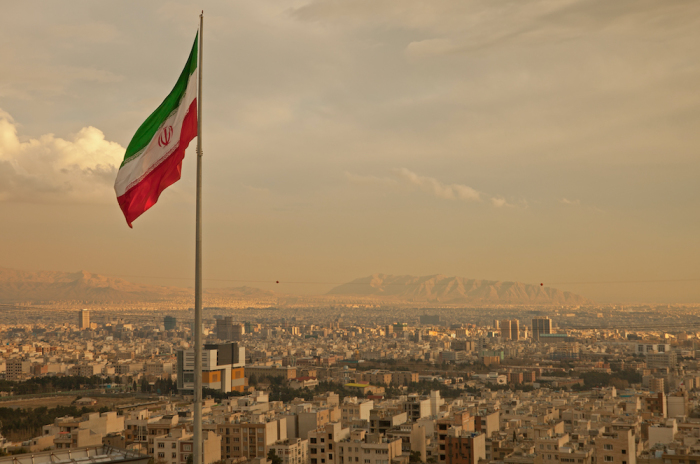Christian ministry provides platform for Iranian women to speak out against honor killings, abuses

Amid a string of honor killings targeting Iranian women, a Maryland-based Christian media network that broadcasts biblically-based programming in Iran is using its platform to draw attention to the treatment of women under the country's legal system.
The multimedia organization SAT-7, which has an international headquarters in Cyrpus and broadcasts Christian programs into countries where people can't easily access the Gospel, is utilizing its programming to discuss honor killings and other topics often considered "taboo" in Iran. SAT-7 is providing Iranian viewers with a 24/7 "public platform to speak out."
The media network broadcasts faith-based and educational programming in Farsi through online channels for people in Iran, allowing Iranian women an opportunity to watch an uncensored program that highlights social issues in their country, such as honor killings.
"Under Iran's law, the life of a female human being is worth half that of a male," one viewer was quoted as saying in a Tuesday statement shared by the organization. "While these injustices and inhumane laws exist, no one will have equal human rights, whether boy or girl, man or woman."
According to a travel advisory from the United Kingdom, Islamic law in Iran is "strictly enforced," requiring women to cover their heads and most of their bodies when in public places. Muslim women may be whipped if they enter into a relationship with a non-Muslim.
In a statement, local SAT-7 presenter Sally Momtazi said that Article 1108 of Iran's civil code states that women can be deprived of financial support for refusing sex to their husbands.
According to Cornell Law School, the law requires women to "satisfy the sexual needs of their husbands at all times."
"Our aim is to show women that their value comes from being created in the image of God, that he loves them, that salvation through Christ is available to them, and that God has not forgotten the suffering people of Iran," SAT-7 USA President Rex Rogers said in a statement.
The broadcasting ministry cited the case of Mona Heydari, a 17-year-old child bride beheaded in February by her husband and his brother in western Iran's Khuzestan province.
As the Women's Committee of the National Council of Resistance of Iran (NCRI) reported, Heydari was forced to marry her cousin at 13 and had a 3-year-old son at the time of her death.
She fled to Turkey after being denied a divorce, despite telling her family she was abused. Heydari was murdered a few days after returning home, and a viral video showed her husband carrying her severed head through the Khashayar neighborhood of Ahvaz.
The commander of the State Security Force in Ahvaz reportedly declared that the motive for the murder was "family differences."
SAT-7 claimed this case is only the "latest in a string of honor killings in Iran."
According to an October 2020 study from The Lancet psychiatry journal, about 8,000 honor killings occurred in Iran between 2010 and 2014. The journal explained that honor killings are intended to punish women who disgrace their families by refusing to enter a forced marriage, if they are raped, have a sexual relationship, commit adultery or get divorced.
Through May and early June of 2020, three honor killings took place in Iran less than a month apart from one another. Rayhaneh Ameri's father killed her in June of that year for returning home late, later confessing to the murder after being caught.
In May 2020, 14-year-old Romina Ashrafi's father beheaded her for running away with a man who had groomed her. That same month, an 18-year-old girl reportedly died after her brother set the house on fire as punishment for her having married an older man.




























